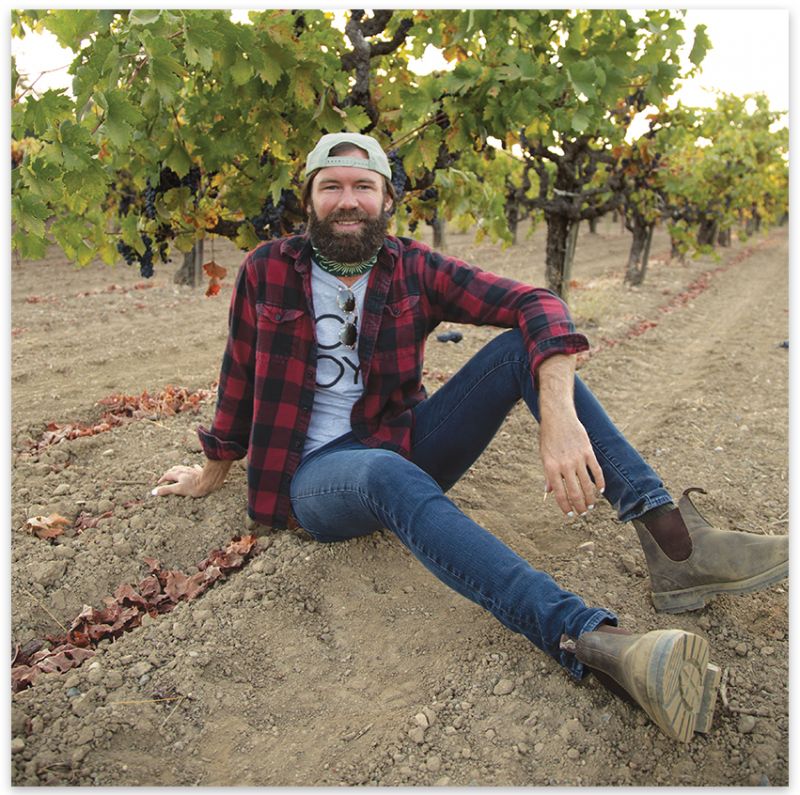Meet the Holy City transplant whose Tarpon Cellars produces single-vineyard, minimal-intervention wines in Napa Valley

CM: How did you get into wine?
JC: One night toward the end of college, I tried this bottle of wine that felt like going to a museum and seeing a piece of art that moves you. I started applying to wine bars and restaurants, and in 2007, I got an internship with William Harrison Vineyards in Napa Valley. I thought it would be a hospitality position with lots of sipping wine in the AC. And they were like, “No, this is a harvest internship. You’ll be in the field.” It was much harder than anticipated, but I loved working with my hands. After that, I studied at UC Davis, which has a great wine-making program, to learn all I could and worked at multiple wineries until founding Tarpon Cellars in 2017.
CM: What brought you from Wine Country to the Holy City?
JC: I hadn’t visited Charleston for a few years when I came to check out places that started carrying our wine, and after 48 hours, I knew this was where I wanted to be. We do so much on the East Coast, I found it made sense to have a home base in the South. I grew up outside of Atlanta and went to college in Tallahassee, so it really felt like coming home. It ends up being about five months a year in Napa for bottling and harvest, with the other seven spent in Charleston. The hospitality community here is different than anywhere I’ve been a part of. It really feels like chefs, mixologists, and restaurateurs all support each other.
CM: What makes your wine-making style “minimal intervention?”
JC: Most of our grapes come from a certified sustainable, fifth-generation family farm in Clarksburg, about an hour away from Napa, where our winery is located. We let them speak for themselves by not filtering anything or using additives. The result is high acid, low alcohol, bone dry, zero sugar, for a taste that’s really lean, crisp, and bright. We’re lucky in that we get to work with different grapes from the same vineyard and can pick the best representation of the year. Thematically, our wines will be similar, but I love when we encounter a new aromatic quality.
CM: How do you implement sustainable practices into your business?
JC: On the environmental side, we work with a company that uses 100-percent recycled glass. That goes a long way in reducing our carbon footprint. There’s also the social impact, which is the most rewarding for me. We dedicate a portion of sales from different wine series to nonprofits across the country, such as Oyster South and Charleston Waterkeeper. Making wine is fun, but it’s really cool to help support people that are doing the important work.
CM: Where can folks buy your wine?
JC: Locally, our wine is served at Chubby Fish, Chasing Sage, and Post House. On the retail side, Graft has been great, as well as Island Provisions.
CM: So what’s next?
JC: Pretty soon, we’ll be releasing a skin-contact gewürztraminer and a pet nat, our first sparkling wine. Later this summer, we are also introducing a separate sparkling wine series in cans.
Beyond the Label: Pair your glass of wine with a curated Spotify playlist from Tarpon Cellar